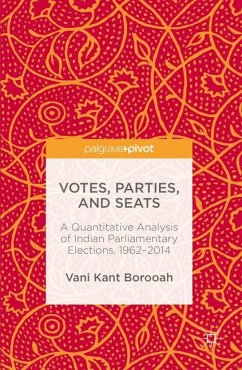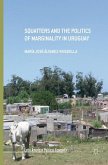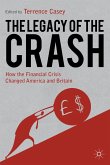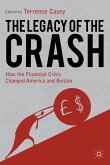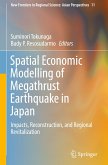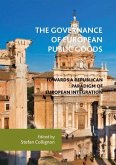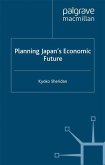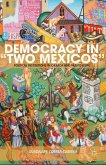'This starkly lucid and timely book absorbs the nuances of the largest festival - the elections - of the world's largest democracy. Hailing from a political family, the author conveys his passion and knowledge on the intricacies, as well as the heat and dust of his national fête. All data and events have been methodically examined in this absorbing analytical work which is an indispensable and scholarly book on the Indian elections.' - Thankom Arun , Professor at the University of Essex, UK
This book provides a quantitative analysis of eight elections and an insight into voting patterns, detailing the election result for each candidate, for all the constituencies, in every Lok Sabha (the lower house of India's Bicameral-Parliament) general election from 1962 to 2014. The central purpose of this interrogation of data is to give shape to the notion of 'electoral efficiency', or the capacity of a party to convert votes into parliamentary seats. Parliamentary elections in India - and also elections to its state assemblies - are conducted under the First Past the Post (FPTP) system whereby a single representative for each of the 543 constituencies is elected as a Member of the Lok Sabha, on the basis of obtaining the largest number of all the candidates contesting that constituency. In brief, Votes, Parties, and Seats provides an in-depth study of the results of parliamentary general elections in India, and sheds light on why some parties are more efficient than others.
This book provides a quantitative analysis of eight elections and an insight into voting patterns, detailing the election result for each candidate, for all the constituencies, in every Lok Sabha (the lower house of India's Bicameral-Parliament) general election from 1962 to 2014. The central purpose of this interrogation of data is to give shape to the notion of 'electoral efficiency', or the capacity of a party to convert votes into parliamentary seats. Parliamentary elections in India - and also elections to its state assemblies - are conducted under the First Past the Post (FPTP) system whereby a single representative for each of the 543 constituencies is elected as a Member of the Lok Sabha, on the basis of obtaining the largest number of all the candidates contesting that constituency. In brief, Votes, Parties, and Seats provides an in-depth study of the results of parliamentary general elections in India, and sheds light on why some parties are more efficient than others.

